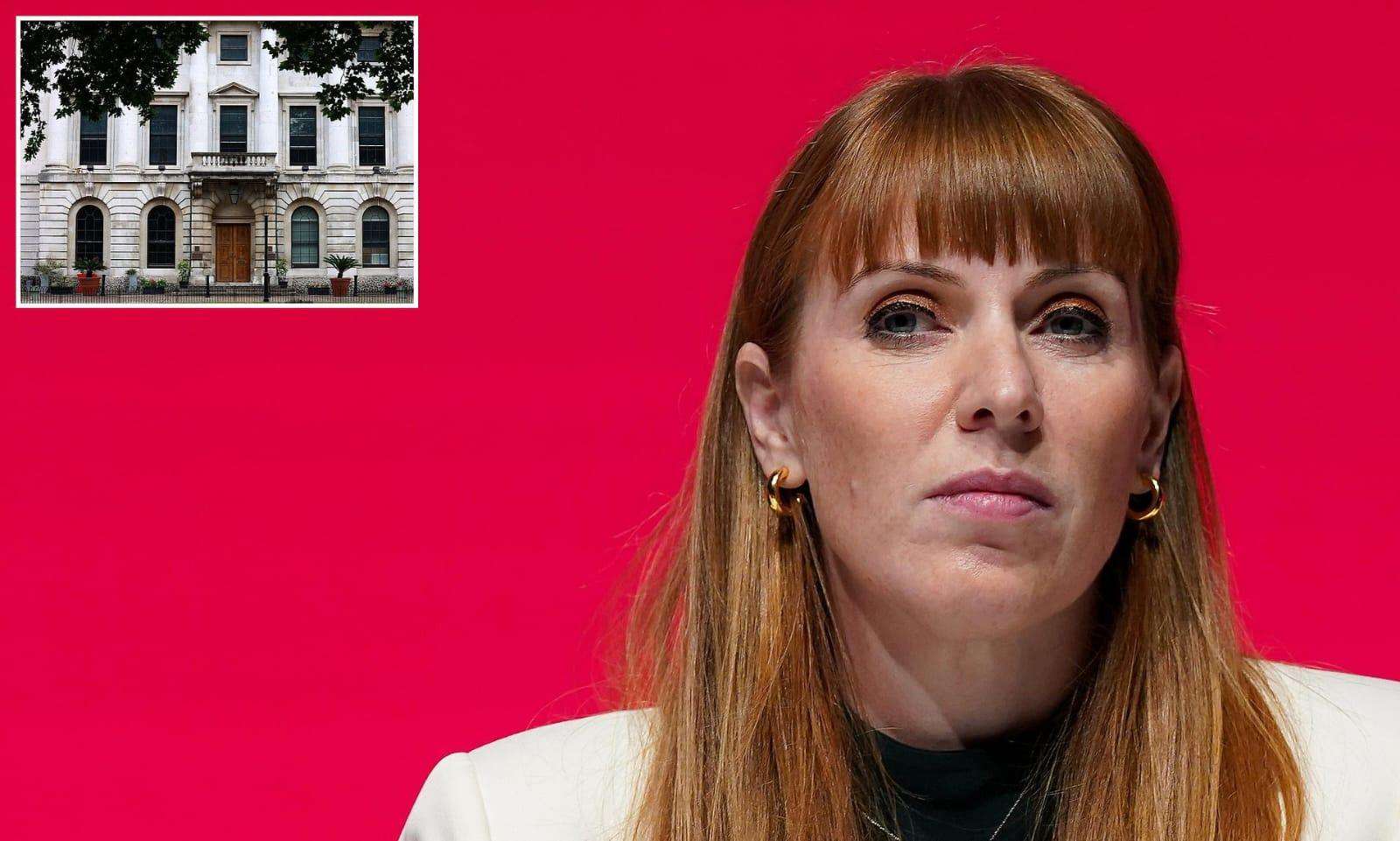Court documents indicate that Asifa Lahore, 42, a British drag queen and trans woman, provided evidence in a significant number of immigration and asylum cases within a single year. Specifically, she gave evidence in "10 or 12" immigration appeals and three separate asylum seeker cases.
Asifa Lahore, a British drag queen and trans woman, has become a notable figure in helping asylum seekers in the UK, particularly those who are LGBTQ+. She has used her knowledge and experience to provide evidence in immigration and asylum cases, particularly for individuals claiming persecution based on their sexual orientation.
In some countries, being LGBTQ+ is illegal and can carry severe punishments. Asylum seekers fleeing such persecution often need to provide strong evidence of their sexual orientation to support their claims for protection in the UK. Asifa Lahore's involvement highlights the challenges these individuals face and the role community support plays in navigating the asylum process.
According to The Telegraph, a record number of asylum seekers claiming to be gay were granted permission to stay in Britain, rising to 2,133 from 762. In comparison, only 475 claims were approved in 2019.
Some sceptics argue that certain asylum seekers may be exploiting the system by falsely identifying as homosexual to strengthen their applications. This follows a series of investigations by The Telegraph that revealed how migrants use human rights claims—such as their sexuality, family ties in Britain, or traumatic experiences in their home countries—to challenge deportation orders.
Court records indicate that Asifa provided both written and oral testimony in immigration cases while working as a sexual health professional for the NAZ project charity. Documents from a 2023 ruling on a Bangladeshi citizen’s unsuccessful appeal state that Asifa described themselves as a “well-known LGBT individual” and Britain’s “first out British drag queen” while being fully self-employed.
The charity worker had previously provided testimony at an earlier hearing, with the Bangladeshi case advancing to appeal partly due to the previous judge’s failure to properly consider the drag performer’s spoken evidence.
However, case documents revealed that neither the appellant—whose identity was kept anonymous—nor Asifa attended the January 2023 hearing in person.
In a letter submitted to upper tribunal judges that month as an update to earlier evidence, Asifa stated that they first encountered the claimant online during a “virtual disco” in September 2020, amid the coronavirus pandemic.
“Since meeting [the claimant] I have made a friendship which has seen him come to my flat a few times and meeting him in a personal capacity,” Asifa said. “I fully believe he is of the queer community and understand [his] hard circumstances.”
The claimant was “believed to be a gay man” because, although the pair did not speak to each other in English, the Bangladeshi man used “queer terminology” including “top, bottom and vers”, Asifa’s evidence stated.
“I have seen him flirting with other men in the club scene and this is something that cannot be put on,” the evidence continued.
Phrases such as “top”, “bottom” and “vers” are used within the gay community to denote roles between sexual partners and power dynamics.
In the letter, Asifa went on to say: “I have got to know him quite well and am aware of his situation as an asylum seeker and feel that if he were returned to Bangladesh he would face persecution for being gay.
“He has told me of the dangers he would face in such a restrictive society and I worry for his safety if he were forced to return.”
Referring to Asifa as a witness, Upper Tribunal Judge Judith A J C Gleeson wrote: “The appellant had asked her [Asifa] to be a witness for him, which she was willing to do.
“She had contributed to 10 or 12 other immigration appeals, appearing only when she believed the person to be sincere. She had given evidence in the last 12 months at three appeal hearings.”
In one case, a judge did not find evidence given by Lahore, seen here to the right of Sadiq Khan at London Pride in 2023, to be ‘credible’ Credit: Jack Hall
The unnamed man, who had been living in the UK for four years before being arrested in 2019, had appealed against the Home Office’s decision to deny him international protection and leave to remain on human rights grounds.
However, in delivering the ruling on his case, Judge Gleeson described the appellant’s “entire account” as being “riddled with inconsistencies.” The judge also stated that the panel did not find Asifa’s testimony—or that of a doctor who also provided evidence—sufficient to establish the credibility of the appellant’s claim of being gay. Notably, the man was still legally married to a woman at the time of the appeal.
In a separate case involving a 28-year-old Pakistani man who initially arrived in the UK on a student visa in 2010, the appellant’s lawyers argued that the first-tier tribunal Judge Shiner had failed to give proper weight to Asifa’s testimony when hearing his asylum claim.
However, Upper Tier Judge Susan Kebede, who reviewed Judge Shiner’s ruling on appeal, stated that he had given “detailed consideration to all evidence,” including Asifa’s testimony. While he accepted that Asifa was not attempting to mislead the court, he was not convinced that her assessment of the appellant’s sexuality was based on reality, given her “limited knowledge of him.”
Dismissing the appeal in March 2018, Judge Kebede also noted that Judge Shiner was justified in considering Asifa’s comment that she did not know the “ins and outs of every case.”
Meanwhile, in two other cases reviewed by The Telegraph, tribunal judges ruled in favor of the appellants and ordered their cases to be reheard.
In one 2018 case, a first-tier judge initially rejected the asylum claim of a 28-year-old Bangladeshi man and remarked that they had “on many occasions” encountered letters from the same organization, authored by the same person—Asifa Lahore. However, the deputy upper tribunal judge, who later overturned the ruling, stated that Asifa’s history of providing letters for other South East Asian asylum seekers was not a sufficient reason to dismiss her testimony outright.
Another judge, remitting a case for a 35-year-old Pakistani man, said: “I find that the judge failed to explain why a trained sexual health worker, with personal and professional knowledge of the appellant, whom he has known for over a year, would be mistaken in her belief that the appellant is a gay man.”
According to a Naz spokesperson, Asifa was no longer employed by the charity.
----
Source: The Telegraph
_1.jpg)







.svg)


_1.jpg)
_1.jpg)